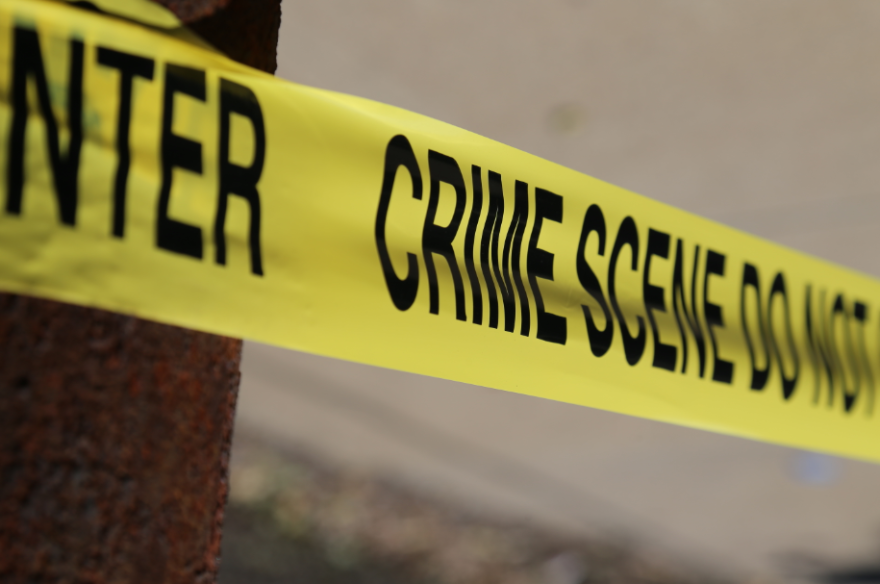City officials will launch focus groups to address public safety and create “neighborhood-based initiatives” to combat violent crime in Homewood, officials said at a community meeting on Tuesday night.
During his campaign, Mayor Ed Gainey promised to implement police and public-safety reforms, particularly in Black neighborhoods that he says are over-policed.
“The only way this is going to work is us coming together,” Gainey said. “Because if not, our children are dying. They’ve inherited a cycle of violence and a culture of violence that only we can stop.”
Gainey said violence is a public health crisis and emphasized the community’s role in directing people who may be at-risk of committing a crime to services and resources that could help them.
Data from the Pittsburgh Bureau of Police shows homicides in Pittsburgh increased from 39 in 2019 to 49 in 2020. The number rose to 51 in 2021. Many of those were committed using guns. Nonfatal shootings and aggravated assault with a gun also went up across all three years.
Dr. Heath Johnson, a crime analyst coordinator for the Pittsburgh Bureau of Police, said property crimes like burglary, theft, and arson, rose 3% from 2020 to 2021.
Those are only slight increases, and crime rates in Pittsburgh are still below the historic high points of the 1980s and 1990s.
Gainey created a Community Health and Safety transition team in 2021 to develop "actionable and holistic" recommendations on gun violence prevention and other public health and safety issues. Any solutions will require “all hands on deck,” said David Harris, a University of Pittsburgh law professor and member of the committee.
“Even if our numbers are not going up more, even if they are not spiking at some national leading rate, they’re still far too high,” Harris said. “Even one of these killings is too many.”
In any city, Harris said, a limited number of people are at the greatest risk of being a victim or perpetrator of gun violence and can be identified using social mapping tools. He posited that offering those at risk social services, education, and even jobs could stop violence before it occurs.
“We need … to save these people. Not point the finger at what government’s doing, what the police is doing, or nobody else. When we talk about saving our community, it’s always been done by us,” Gainey said at the community meeting.
Rebekkah Ranallo, a Neighborhood Services Manager with the city, said that although officials do not yet have a concrete plan, they’ll be leaning on people who live in these neighborhoods to decide what they need.
“This is just the beginning of the process, and we don’t have the solutions tonight,” she said. “We’re going to be reaching out to all of you to reconvene … in different groups with different focus areas to hear from you on how we can make this plan.”
Officials did not offer a timeline for when these meetings might begin.





